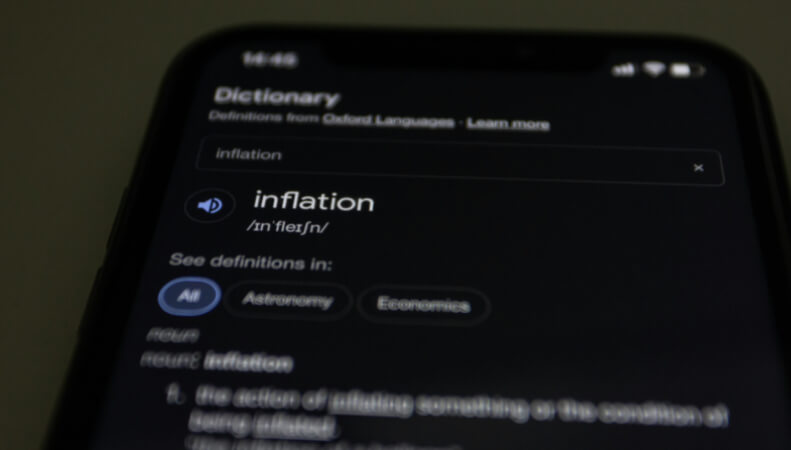By using our website, you agree to the use of cookies as described in our Cookie Policy
Blog
A COVID Vaccine… Great for the world, but merely good for the shareholders?
News broke a little over a week ago that preliminary results for Pfizer’s COVID-19 vaccine showed that the vaccine reduced symptomatic cases by 90% as compared to those who received a placebo. This news was especially welcome considering that scientists had been cautioning that a vaccine might be only be 60-70% effective. There are still several caveats, mostly due to issues that can’t yet be settled due to insufficient data:
- There’s no information yet as to whether the vaccine prevents severe coronavirus cases
- There’s no information yet on whether the vaccine prevents people from carrying the SARS-CoV-2 virus asymptomatically
- It’s too early to say how long the vaccine would offer protection against COVID-19 infection.
Moreover, even if there is full buy-in among the public for taking the vaccine, it will still take months for enough vaccine to be produced to be widely distributed. In the meantime, we remain at risk from an accelerating epidemic.
Still, though, Pfizer’s vaccine looks to be a scientific breakthrough, accomplished in record-setting time, and signals a possible light at the end of this very dark COVID-19 tunnel. You might think that Pfizer’s stock price would be surging at this welcome news.
But surge it did not. Pfizer stock closed on Friday, November 6th, at $36.40, then peaked at just under $42 on Monday morning, and finished the week at $38.63 on the Friday, November 13th close. It was a nice 6% bump in a week, to be sure, but the potential impact on society sure looked to be much greater than the apparent impact on Pfizer stock.
Upon further reflection, there are reasons why we shouldn’t have expected a vaccine announcement to carry over heavily into Pfizer’s price. First, as noted above, further study is needed to evaluate many aspects of the vaccine. Second, vaccines traditionally have brought in a relatively small share of revenue for pharmaceutical companies, especially large companies like Pfizer. Finally, and critically, there are several rival companies with COVID-19 vaccines in development. Moreover, as noted at https://www.statnews.com/2020/11/09/four-reasons-for-encouragement-based-on-pfizers-covid-19-vaccine-results/ , the vaccines being tested by major manufacturers all target the same spike protein. If the Pfizer vaccine works, the other vaccines would be likely to work as well.
And on cue, this Monday Moderna provided an update on its vaccine, which showed 95% effectiveness against COVID-19. By Tuesday morning, Pfizer had lost all of its post-vaccine gains. For its part, Moderna’s stock kicked up almost 10% on Monday’s trading, but has given back over half its gains on Tuesday. Given that Moderna’s market cap is over five times smaller than Pfizer’s, a coronavirus vaccine has potential for relatively greater impact on Moderna’s bottom line, so Moderna’s gains, such as they are, may have a better chance of sticking.
As for Pfizer, you can argue that Pfizer’s development of the coronavirus vaccine represents a positive signal with respect to Pfizer’s ability to develop new drugs. You can also claim that the regulatory environment for Pfizer and other pharmaceutical companies may be less stringent on the heels of a public health breakthrough. In the end, though, as with many vaccines, the primary impact of the COVID-19 vaccine may be on people more than profits.
JMS Capital Group Wealth Services LLC
417 Thorn Street, Suite 300 | Sewickley, PA | 15143 | 412‐415‐1177 | jmscapitalgroup.com
An SEC‐registered investment advisor.
This material is not intended as an offer or solicitation for the purchase or sale of any financial instrument or investment strategy. Pfizer (PFE) is owned in some JMS client portfolios. This material has been prepared for informational purposes only, and is not intended to be or interpreted as a recommendation. Any forecasts contained herein are for illustrative purposes only and are not to be relied upon as advice.
‹ Back








